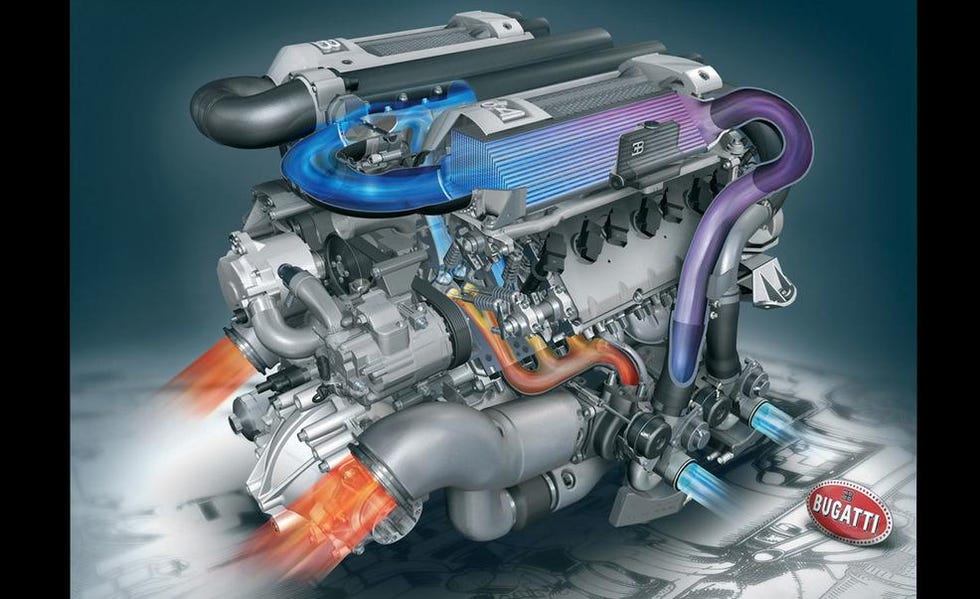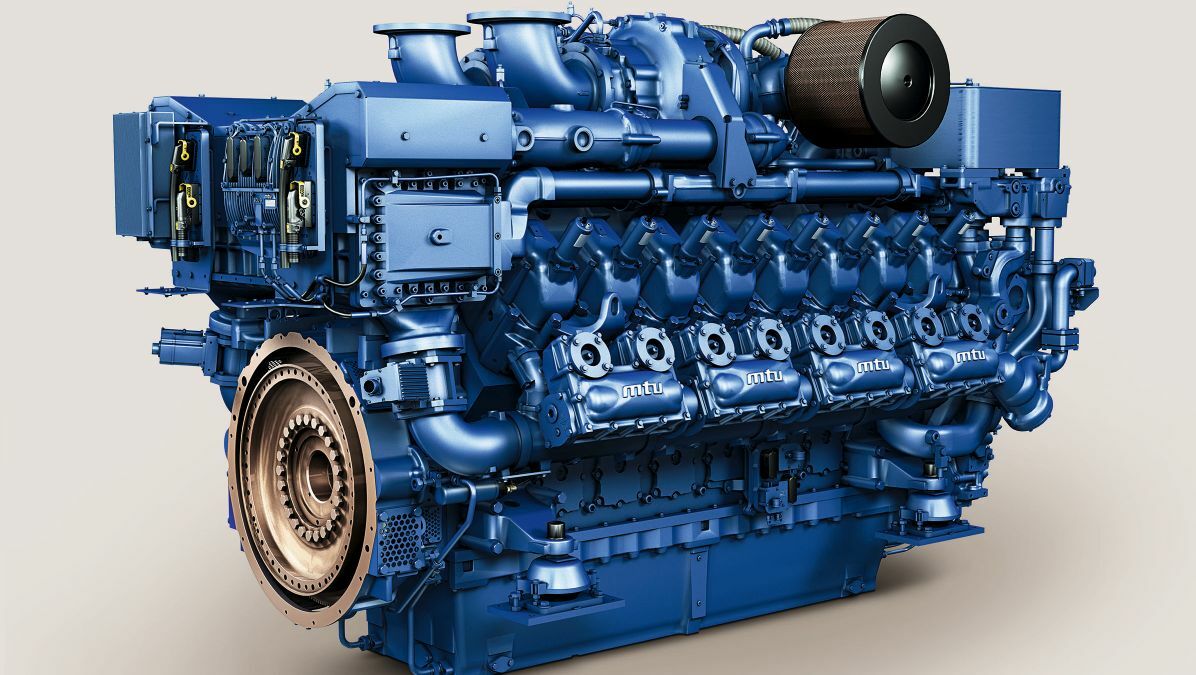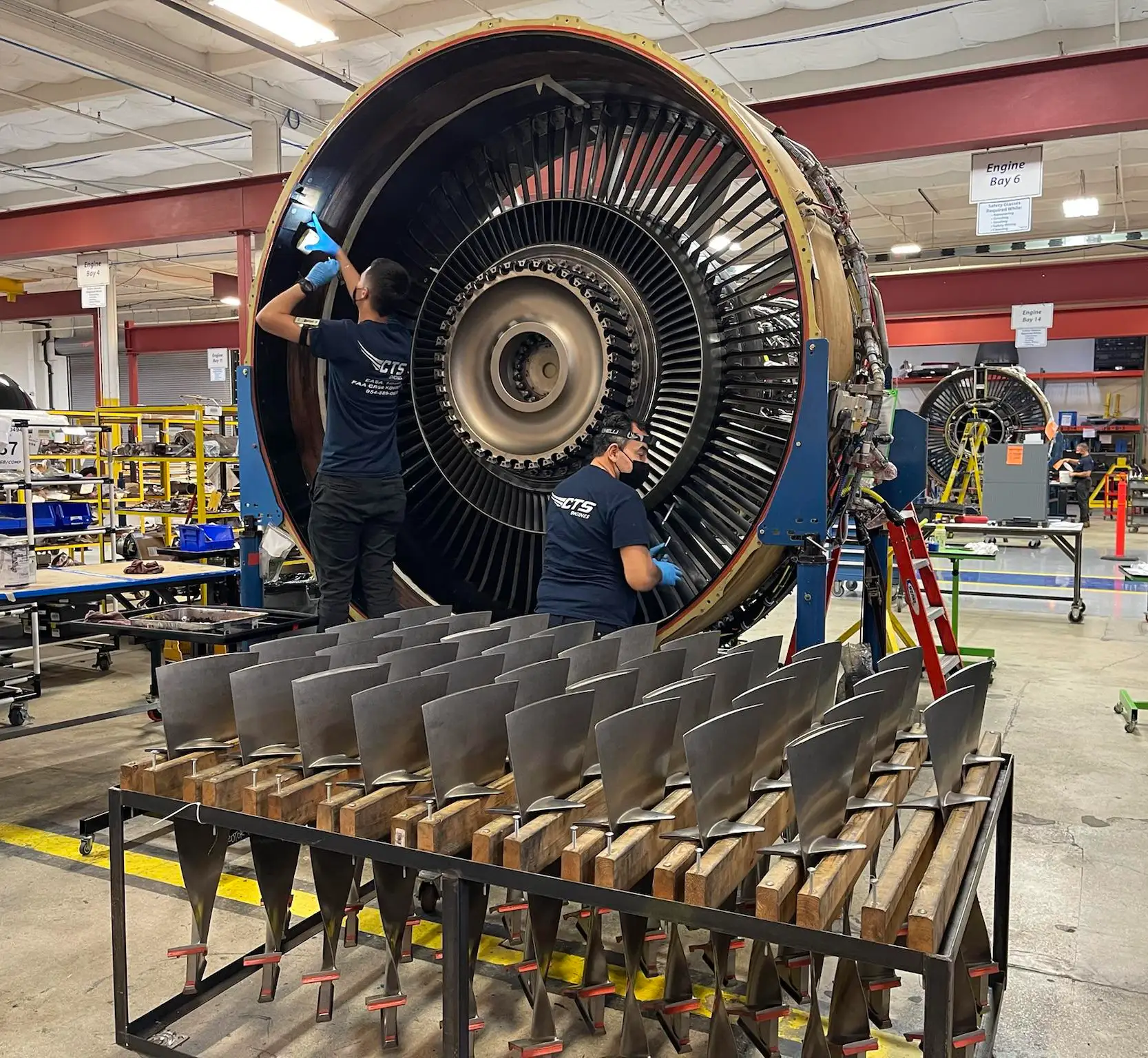Explore a Large Range of Engines for Every Car and Purpose
The auto landscape is significantly complicated, with a varied selection of engine types developed to satisfy details performance and performance requirements across numerous car groups. In addition, heavy-duty engines serve the needs of work vehicles, while eco-friendly choices are acquiring grip in the search of sustainable transportation.
Sorts Of Automotive Engines
Automotive engines can be classified right into a number of unique types, each created to satisfy certain performance and efficiency requirements. One of the most common categories include interior combustion engines, electrical engines, and crossbreed systems.

Electric engines, on the various other hand, run on electric power saved in batteries, supplying instantaneous torque and zero emissions. These engines are ending up being significantly popular as a result of developments in battery modern technology and the growing focus on sustainability.
Hybrid systems integrate both internal combustion and electric engines, enabling vehicles to maximize fuel performance and minimize discharges by effortlessly switching over in between source of power. Each engine kind offers its advantages and disadvantages, affecting elements such as lorry layout, meant usage, and market demand. When picking the appropriate engine for their details requirements., comprehending these distinctions is critical for manufacturers and customers alike.
Efficiency Engines for Sports Cars
Efficiency engines for cars are particularly crafted to provide improved speed, power, and agility, setting them in addition to standard automobile engines. These engines usually make use of innovative innovations such as turbocharging, turbo charging, and variable valve timing to optimize effectiveness and responsiveness.
Normally, efficiency engines are developed with greater compression ratios, which permit for higher power removal from gas. This causes excellent horse power and torque numbers, making it possible for rapid acceleration and greater leading speeds. The lightweight materials used in these engines, such as aluminum and carbon fiber, add to decreased overall car weight, improving handling and ability to move.
Engine configurations like V6, V8, and also hybrid systems are typical in performance cars, each offering distinct benefits in terms of power distribution and driving dynamics. The adjusting of these engines is additionally crucial; several producers enhance the engine management systems to provide an electrifying driving experience, frequently including sport modes that change throttle action and equipment changes.
Reliable Engines for Daily Commuters
In the world of everyday commuting, effective engines play a critical function in optimizing gas economic climate and lessening exhausts while offering reliable performance. As urban populaces expand and environmental problems heighten, the demand for lorries outfitted with reliable powertrains has surged.
Modern engines made for daily commuters commonly include modern technologies such as turbocharging, direct fuel shot, and hybrid systems. Turbocharging boosts engine efficiency by forcing more air right into the combustion chamber, allowing for smaller sized, lighter engines that do not endanger power outcome. Direct fuel injection improves fuel atomization, resulting in much better burning and raised efficiency.
Crossbreed engines, integrating internal combustion with electrical power, more augment gas economic climate, particularly in stop-and-go traffic, where typical engines can experience inefficiencies. Electric electric motors help during velocity and can run independently at low speeds, reducing total fuel intake.
Furthermore, innovations in engine management systems and light-weight products add dramatically to efficient engine design. By focusing on efficiency, toughness, and environmental sustainability, makers proceed to deliver engines that not just meet the demands of everyday commuting but likewise line up with international efforts to minimize carbon footprints.
Heavy-Duty Engines for Work Vehicles
Sturdy engines for work automobiles are routinely crafted to supply extraordinary torque and dependability under demanding problems. These engines are designed to do in atmospheres where typical engines may fail, such as construction sites, logging procedures, and agricultural settings. The primary focus of heavy-duty engines is their capacity to produce high degrees of power while maintaining resilience over extended periods of procedure.
Generally, durable engines make use of advanced materials and robust building methods to endure the roughness of hefty work. Attributes such as strengthened cylinder blocks, enhanced air conditioning systems, and advanced gas shot modern technologies add to their efficiency. These click for source engines often operate check at reduced RPMs, which helps to enhance fuel effectiveness while giving the required power for transporting and pulling.
Along with mechanical toughness, sturdy engines are usually furnished with innovative electronic control systems (ECUs) that manage efficiency, discharges, and diagnostics. This integration permits far better surveillance and upkeep, making certain that work automobiles stay functional and effective.
Eventually, durable engines are an essential element in the performance of different industries, providing the necessary power and reliability to tackle the hardest of jobs.
Eco-Friendly Engine Options
The expanding emphasis on sustainability has actually led to the development of environment-friendly engine choices that focus on minimized emissions and boosted fuel efficiency. These engines are created to reduce the ecological effect of vehicles while still supplying the efficiency and reliability anticipated by consumers.
Amongst the most significant environment-friendly choices are electrical and hybrid engines. Hybrid engines combine standard inner burning engines with electrical propulsion, permitting minimized fuel consumption and reduced greenhouse gas exhausts. Electric engines, on the other hand, operate entirely on battery power, creating no tailpipe emissions and adding to cleaner air quality.
Another promising advancement is the advancement of biofuel engines, which use sustainable resources, such as plant products, to power lorries (Engines For Africa). By utilizing biofuels, these engines can reduce dependence on nonrenewable fuel sources and lower general carbon footprints

As the auto industry progresses, eco-friendly engine alternatives will certainly play an important duty in driving the shift towards even more sustainable transport solutions.
Conclusion
The vehicle industry uses a varied array of engines designed to fulfill numerous lorry requirements and functions. From high-performance engines that boost cars capacities to efficient versions focusing on fuel economy for daily commuters, each type best site serves a certain function. Heavy-duty engines deal with robust job vehicles, while green choices, such as electrical and biofuel engines, promote sustainable transport. This detailed range guarantees that all driving needs are addressed, contributing to improvements in automotive technology and environmental stewardship.
